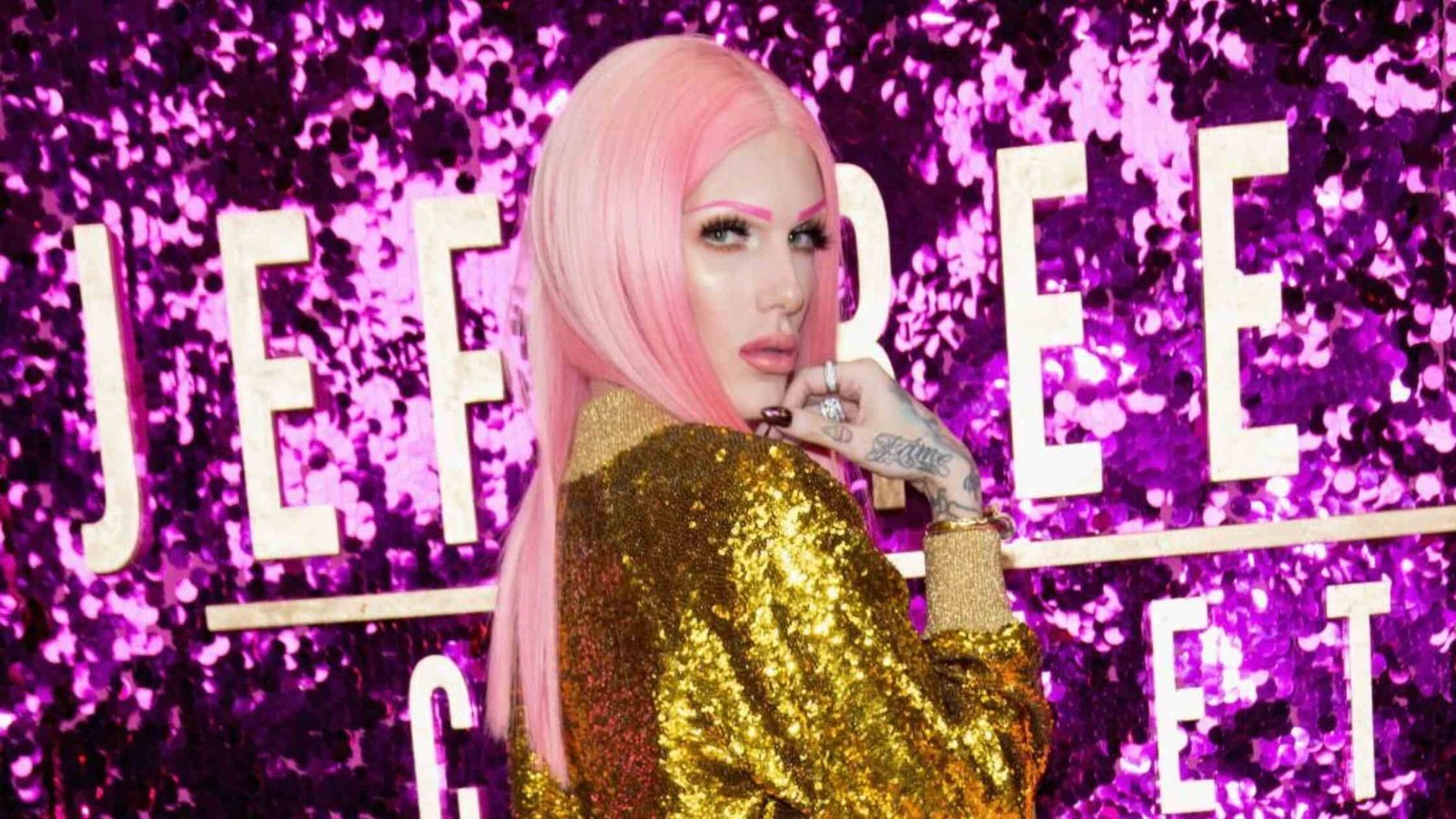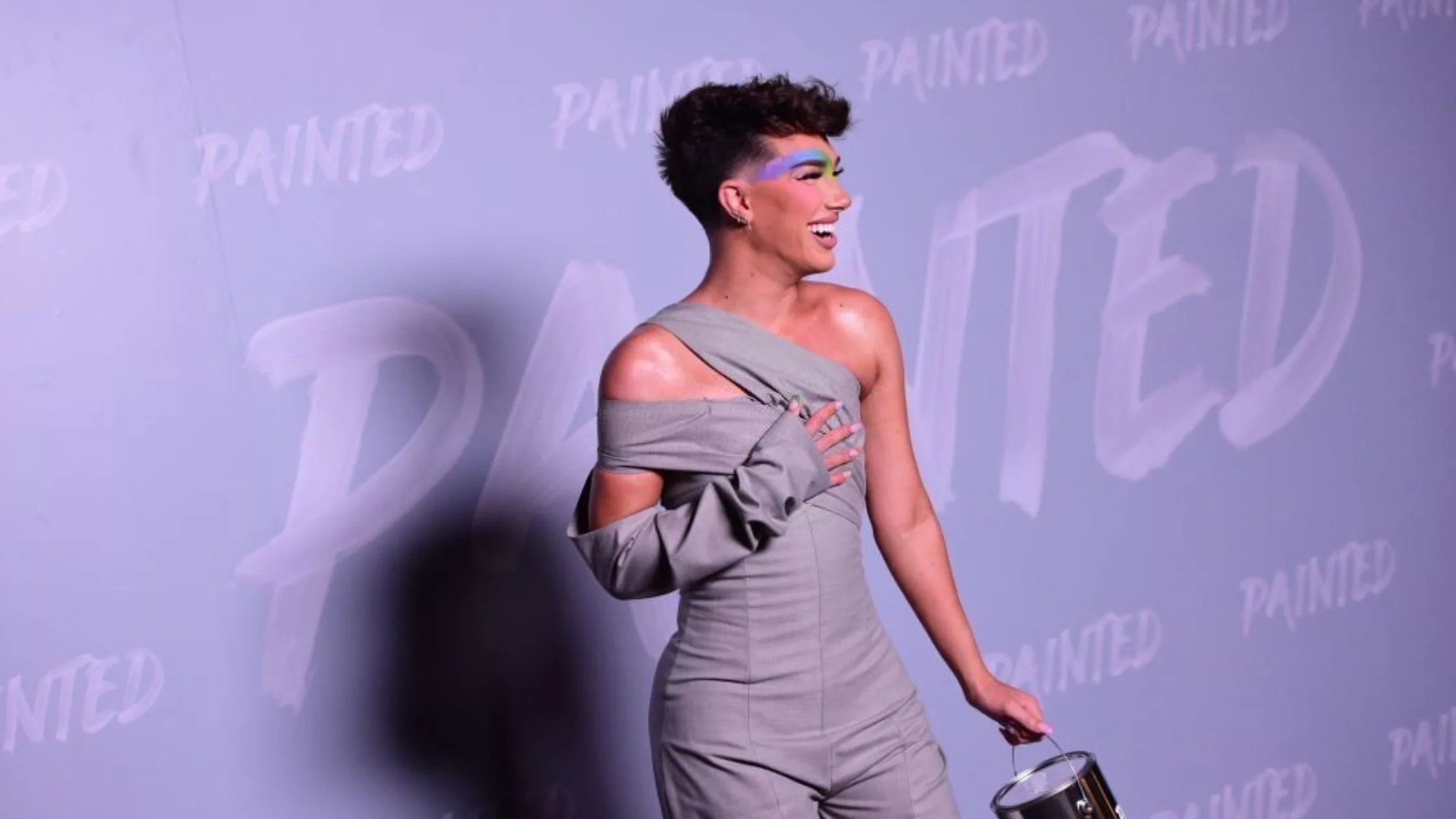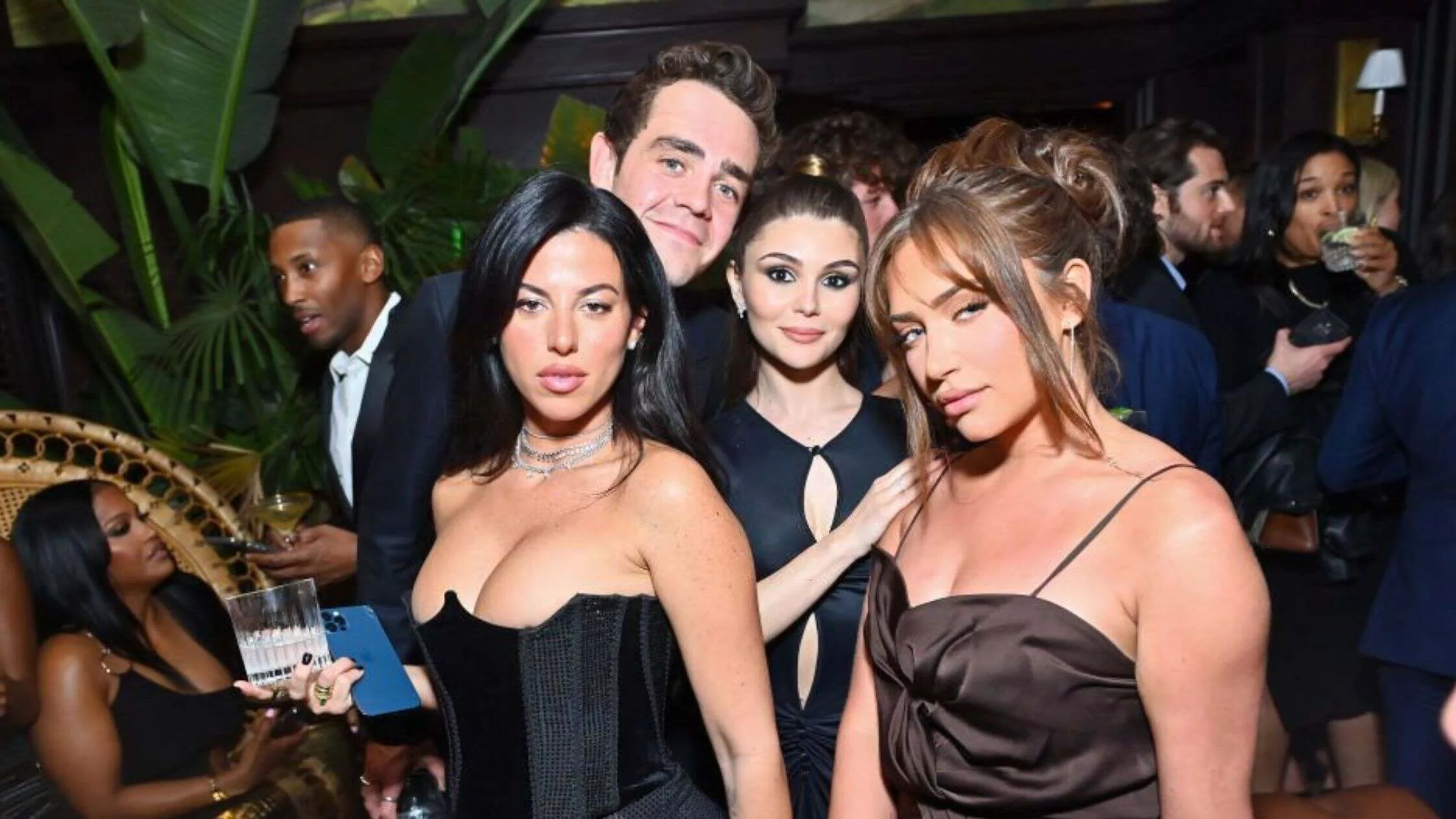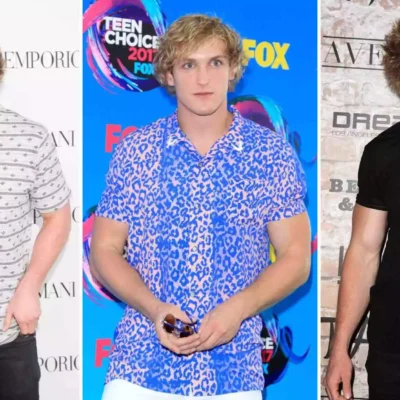Influencers have gained widespread recognition for their content production and interactions with their audiences. Nevertheless, a subset of these influencers has garnered attention for unfavorable reasons.
Their actions, ranging from provocative displays to questionable conduct, have propelled them into the spotlight as ‘Influencers Gone Wild’ for less-than-favorable motives. This group of influencers has strayed from the conventional path, venturing into what can aptly be termed as “unconventional” or “unpredictable” terrain.
Logan Paul Faced Backlashes
In 2017, Logan Paul, a well-known YouTuber with a substantial following, became the focal point of a significant controversy that deeply shocked and dismayed many. He posted a video on his channel where he ventured into Japan’s Aokigahara forest, infamous for its association with suicides.
In a display of astonishing insensitivity, Paul’s video included footage of a deceased individual’s body. The response to this content was immediate and widespread, with viewers and fellow content creators condemning his actions as disrespectful, offensive, and devoid of empathy.
if you really care logan paul then donate your 2018 youtube revenue to suicide prevention charities, @afspnational is a great one https://t.co/Jl3AQcsfyB
— Nate Garner (@natekgarner) January 2, 2018
This incident triggered discussions about the ethical responsibilities associated with wielding a large online platform and raised fundamental questions regarding the limits of content creation in the digital era.

Actor Logan Paul seen October 8, 2016.
Jeffree Star Controversies
Jeffree Star, a prominent figure in the beauty and makeup industry, has been no stranger to controversies throughout his career. From offensive comments made in the past to ongoing feuds with fellow influencers, Star’s actions have often drawn intense scrutiny.
In 2017, historical racist remarks resurfaced, leading to widespread backlash and demands for accountability. He has also been involved in heated public disputes with other beauty influencers, adding fuel to the drama-fueled environment of social media.
These controversies have prompted discussions about accountability, cultural sensitivity, and responsible behavior for those who wield significant influence online. While Star has attempted to address some of these issues, his past actions continue to cast a shadow over his reputation and underscore the challenges of navigating the digital landscape as a high-profile influencer.

James Charles’ YouTube Subscribers Loss
In 2019, James Charles, a prominent beauty influencer and YouTuber, became embroiled in a highly publicized controversy that shook the online beauty community. The feud started when fellow beauty influencer Tati Westbrook released a video in which she accused Charles of betrayal and inappropriate behavior.
Westbrook claimed that Charles had promoted a competing vitamin brand that was in direct competition with her own brand, and she also alleged that he had used his fame to manipulate and exploit others.
The controversy quickly escalated, with both sides sharing their perspectives on social media and fans taking sides. As a result, James Charles experienced a significant loss of subscribers, marking one of the most rapid declines in YouTube subscriber count at that time.
This controversy brought to light issues of loyalty, integrity, and the complexities of influencer relationships in the digital age. Over time, Charles issued apologies and explanations, and the feud eventually seemed to subside.
However, the incident underscored the power and influence of social media in shaping public perception and the need for responsible behavior within the influencer community.

Olivia Jade College Admission Scandal
In 2019, Olivia Jade Giannulli, the daughter of actress Lori Loughlin and fashion designer Mossimo Giannulli, found herself at the center of a prominent college admissions scandal. This scandal unveiled a widespread scheme aimed at illicitly securing spots for wealthy students in esteemed universities.
Specifically, it came to light that Olivia Jade’s parents had made substantial financial contributions to secure her and her sister’s admission to the University of Southern California (USC) under the pretense of being crew recruits, despite their lack of involvement in the sport.
Termed “Operation Varsity Blues,” this scandal exposed the extent to which some affluent families were willing to go to ensure their children’s admission to prestigious institutions. Olivia Jade, already a social media influencer with a significant following, faced severe backlash as her role in the scandal was brought to public attention.
Criticism arose due to concerns that her family’s actions had unjustly taken opportunities from deserving students who had earned their admissions through legitimate means.
The aftermath of the scandal included legal repercussions for Olivia Jade’s parents and sparked widespread discussions about issues of privilege, ethical considerations, and the fairness of the college admissions process.
This controversy significantly impacted Olivia Jade’s online presence and career, leading to a temporary withdrawal from her social media platforms. Beyond highlighting systemic problems within the education system, the scandal also served as a cautionary example of the repercussions that can arise from deceit and privilege in the pursuit of academic prospects.

Belle Delphine’s Provocative Content
Belle Delphine, an online personality known for her provocative and unconventional content, has been no stranger to controversies throughout her career. In 2019, she gained widespread attention for selling “GamerGirl Bath Water,” a stunt that garnered both fascination and criticism for its questionable hygiene and potential exploitation of her fan base.
This move, along with her often explicit content and eccentric persona, has drawn mixed reactions from the public. Delphine’s content has sparked debates about the boundaries of online self-expression and the influence she wields over her predominantly young audience.
While her actions have certainly fueled discussions about internet culture and the blurred lines between authenticity and marketing tactics, they have also underscored the complexities of maintaining an online persona that challenges societal norms and pushes the limits of what is considered acceptable on various platforms.
Trisha Paytas HomoPhobic Behavior
Trisha Paytas, a notable figure in the online entertainment world, has been at the center of numerous controversies over the years. Their content and behavior have often sparked debates and discussions within the online community.
Paytas has faced criticism for making controversial statements and engaging in public feuds with other influencers.
Their frequent shifts in personal identity, including changing gender identities for attention, have garnered backlash from the LGBTQ+ community for potential insensitivity and trivialization of serious issues.
Despite their popularity, Paytas’ actions have led to ongoing conversations about responsible content creation, respectful discourse, and the potential impact of their behavior on their audience and the broader online landscape.
Jake Paul’s Recklessness
Criticism has surrounded his actions, both when the cameras are rolling and when they are not. In 2017, he faced backlash due to his disruptive behaviors within his residential neighborhood, prompting his neighbors to raise concerns about noise, disturbances, and perceived reckless conduct.
Additionally, Paul has faced scrutiny for his responses to the COVID-19 pandemic. During 2020, he faced backlash for hosting large gatherings at his residence, a move widely criticized as it occurred at a time when health and safety guidelines discouraged social gatherings.
Moreover, Jake Paul’s venture into the world of boxing has not been without controversy. His participation in high-profile boxing matches and his public disputes with fellow YouTubers and celebrities have garnered significant attention, straddling the line between entertainment and criticism for potentially undermining the integrity of the sport.
His content creation strategy, often characterized by its shock factor and sensationalism, has also prompted inquiries into the ethical obligations of influencers with substantial followings.
These incidents have ignited conversations about the idea of accountability, the sway of influence, and the potential ramifications of online figures on their audiences, particularly among impressionable younger viewers.

